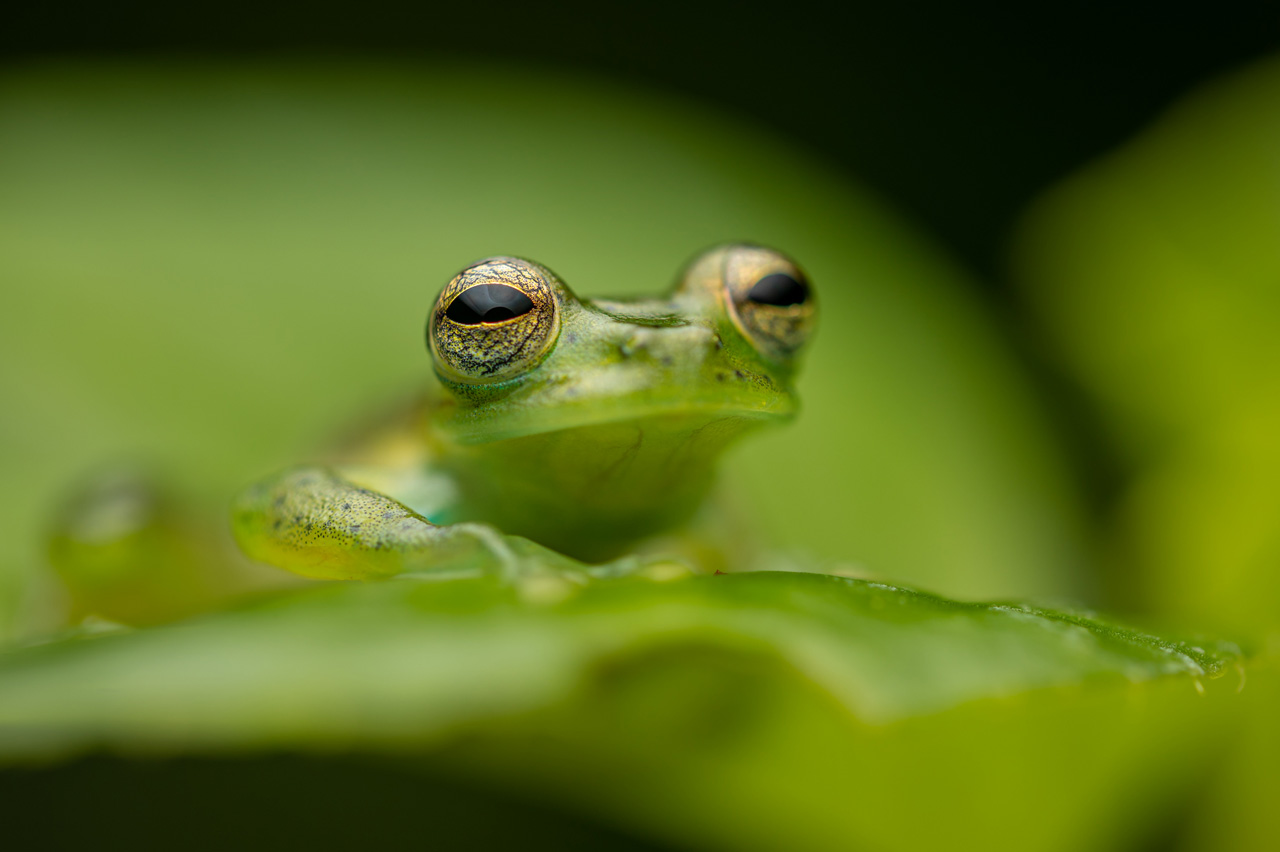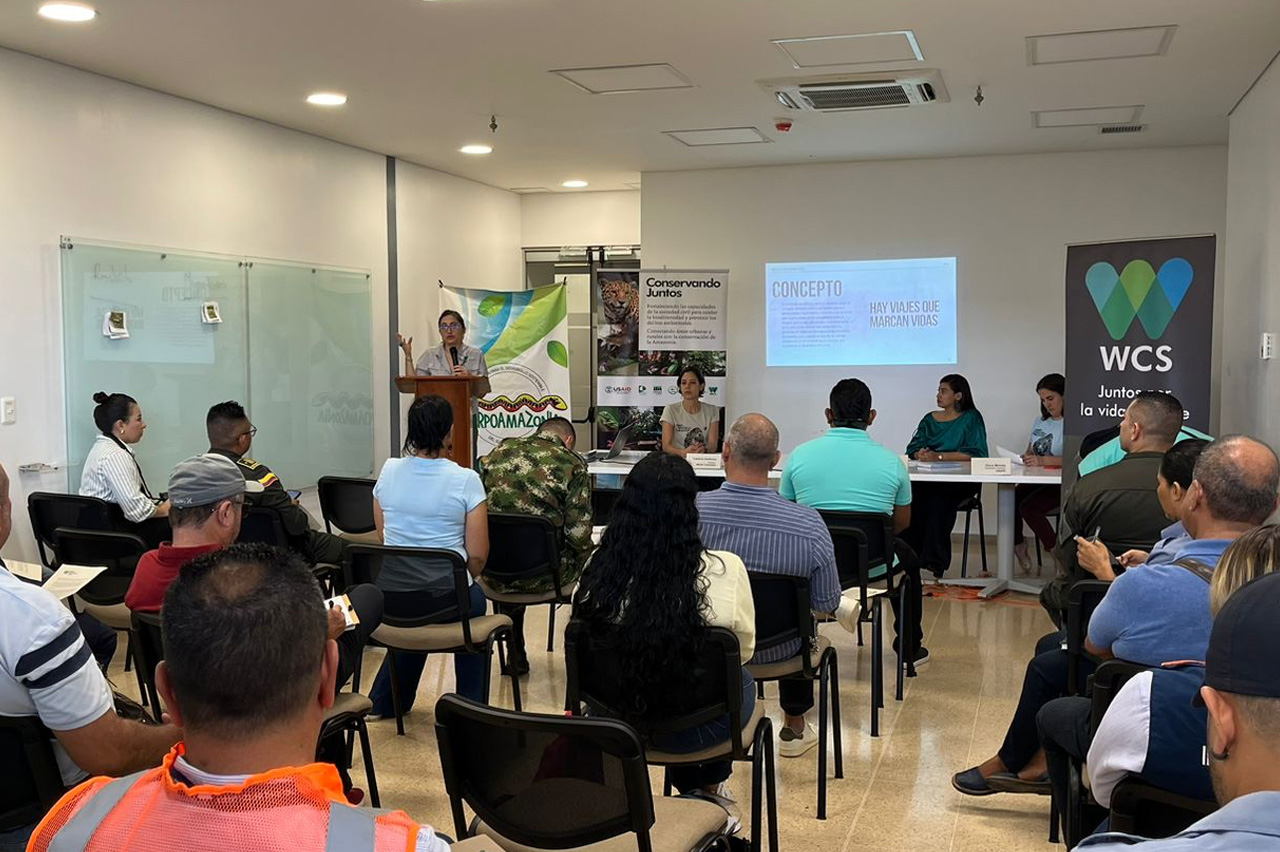At WCS, wildlife trafficking is recognized as one of the main environmental threats in Colombia.
This crime involves the capture, transportation, commercialization, and possession of wild animals, as well as their parts or derived products, without the required legal permits.
Such activities significantly contribute to biodiversity loss in the region.
In Colombia, the WCS Wildlife Trafficking Prevention Program—supported by the U.S. Department of State’s Bureau of International Narcotics and Law Enforcement Affairs (INL), the U.S. Fish and Wildlife Service (USFWS), the European Union, and other partners—provides technical tools to support stakeholders in designing and implementing strategies that improve planning and strengthen the response capacity of enforcement agencies. The program also engages civil society actors in efforts to reduce illegal wildlife trafficking.
 Photo: Jhonattan Vanegas
Photo: Jhonattan Vanegas
We coordinate efforts and provide support for the implementation of the National Strategy to Combat Wildlife Trafficking, led by the Ministry of Environment and Sustainable Development.
Our goal is to address illegal trafficking in an effective and sustainable way, working in partnership with government agencies, local communities, and civil society organizations to develop data-driven strategies that reduce the profits of wildlife crime and increase the risks for those involved.

OBJECTIVE
Our objective is to strengthen the capacities of the actors responsible for implementing the Action Plan of the National Strategy for the Prevention and Control of Illegal Wildlife Trafficking.
We support the development and implementation of technical actions to improve planning, optimize response efforts, and enhance institutional capacities.
We also promote the engagement of civil society—including Indigenous communities—in actions to reduce illegal trafficking and ensure the protection and conservation of wildlife across the country.
Traslated via ChatGPT